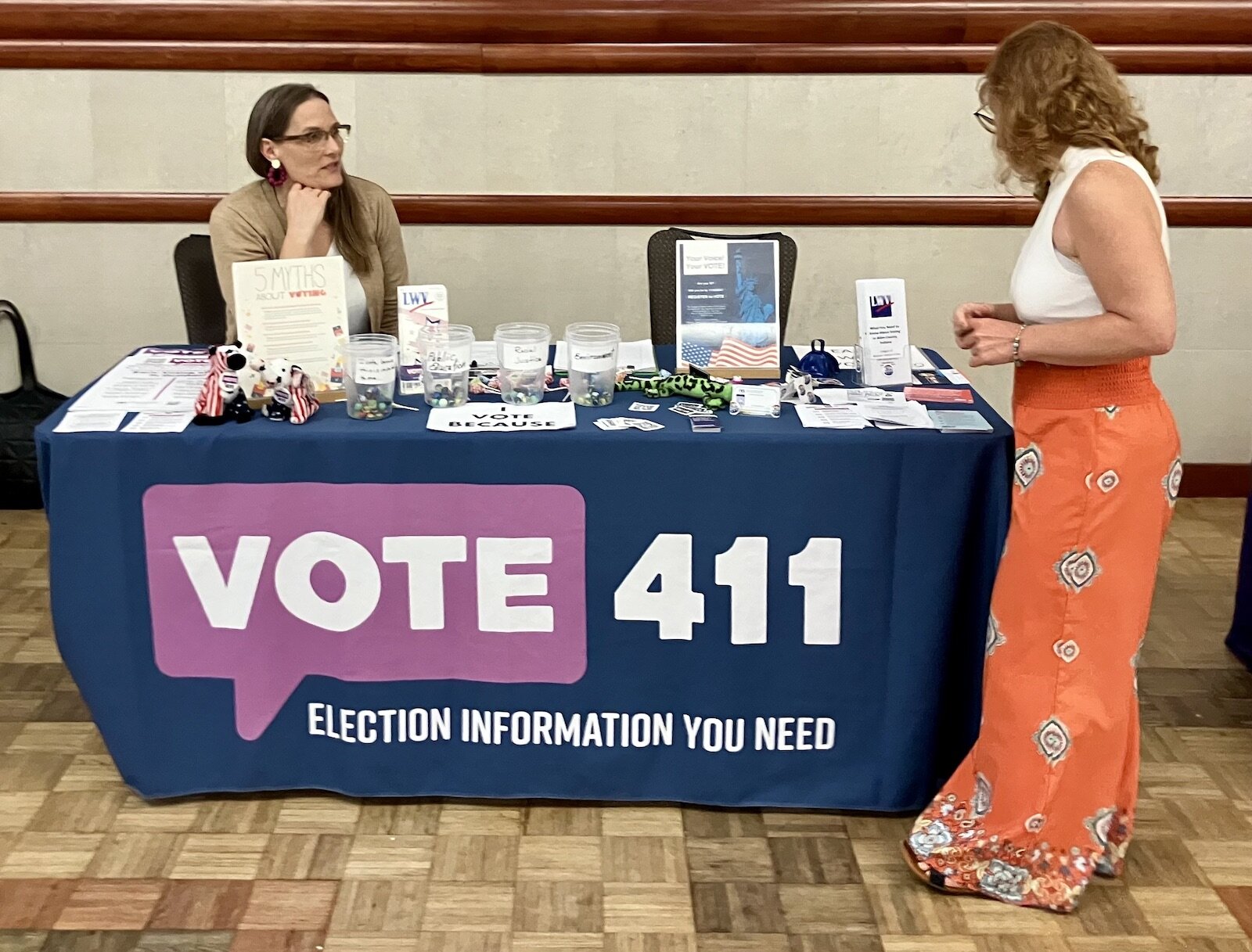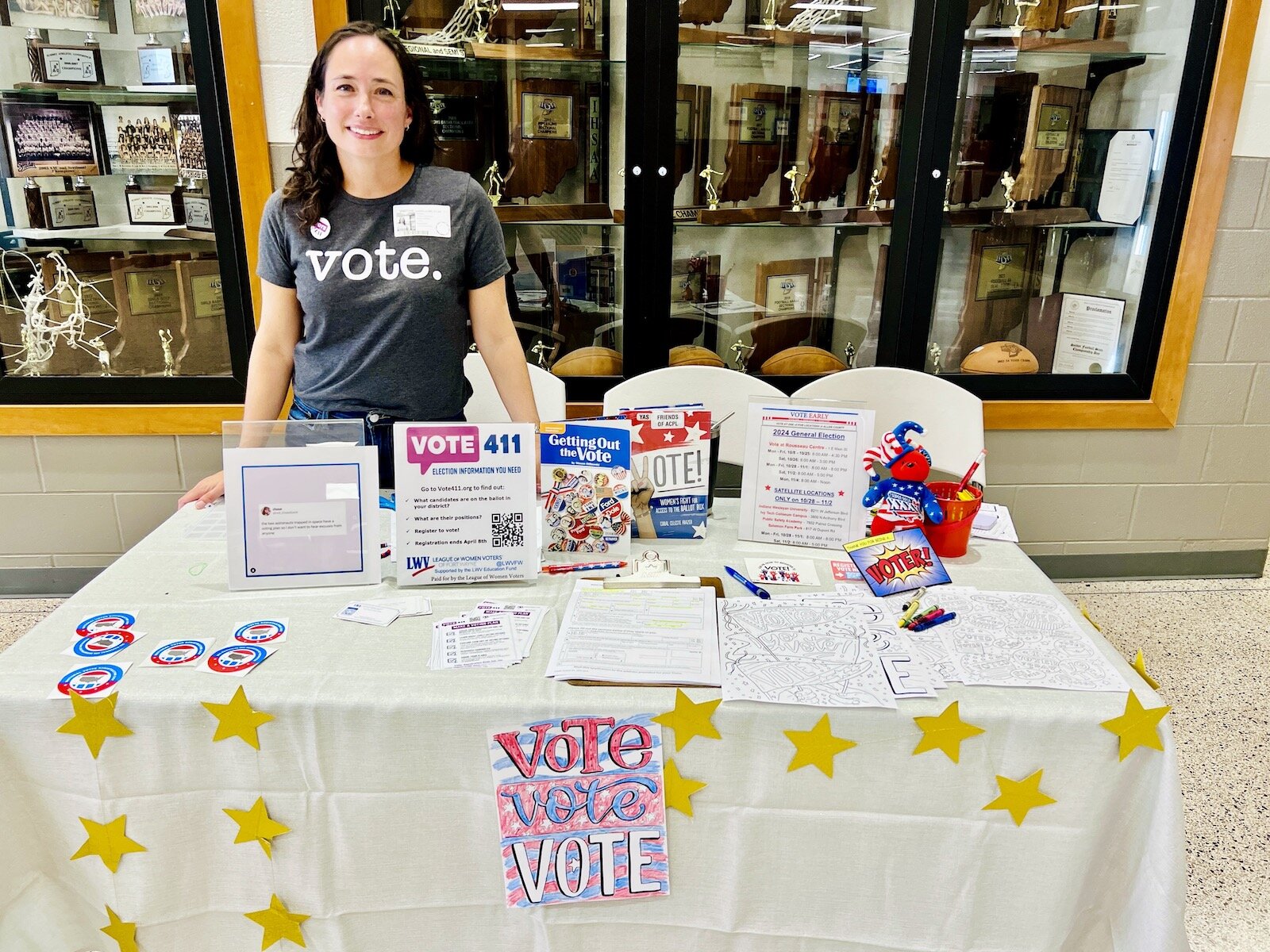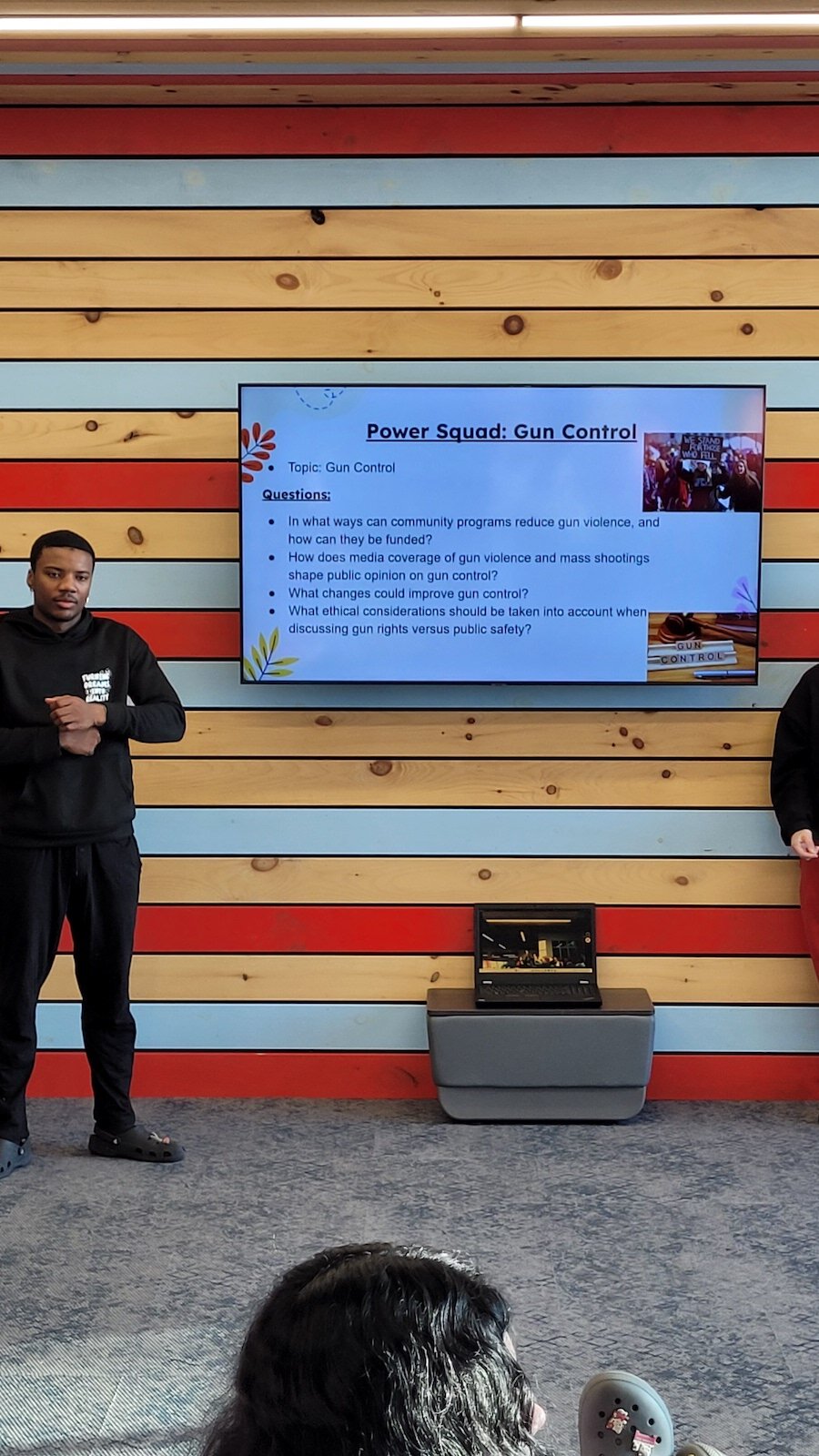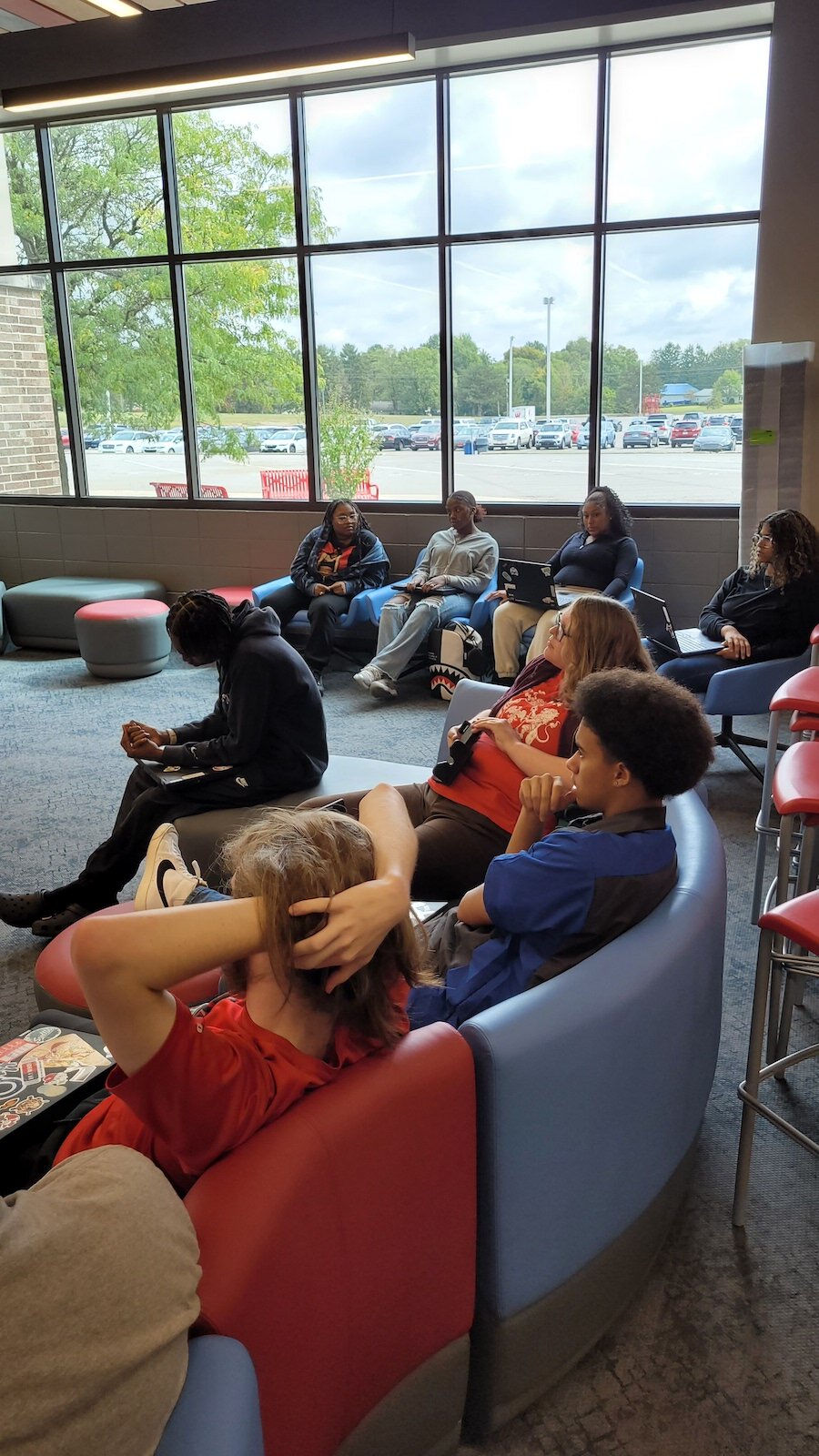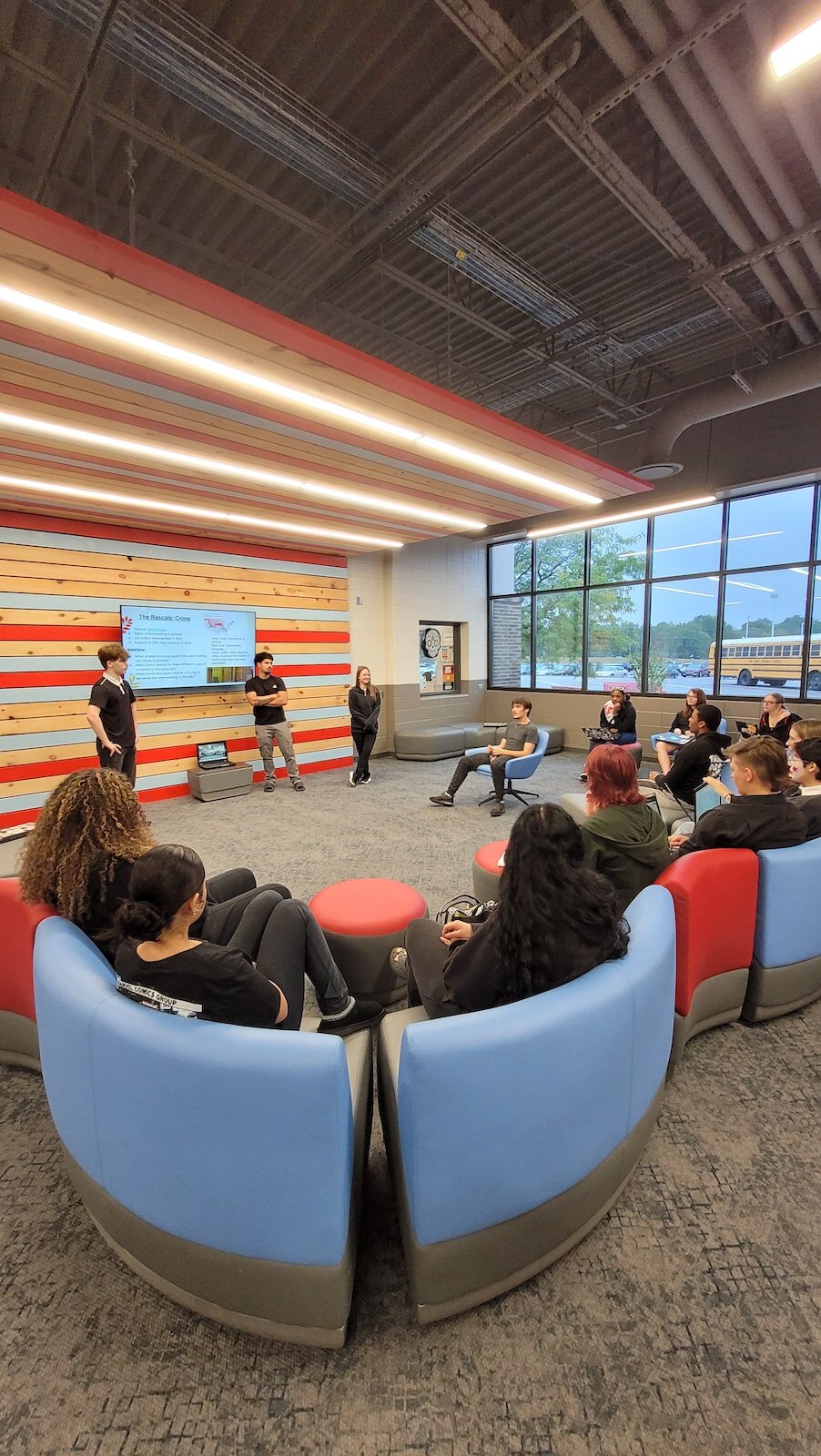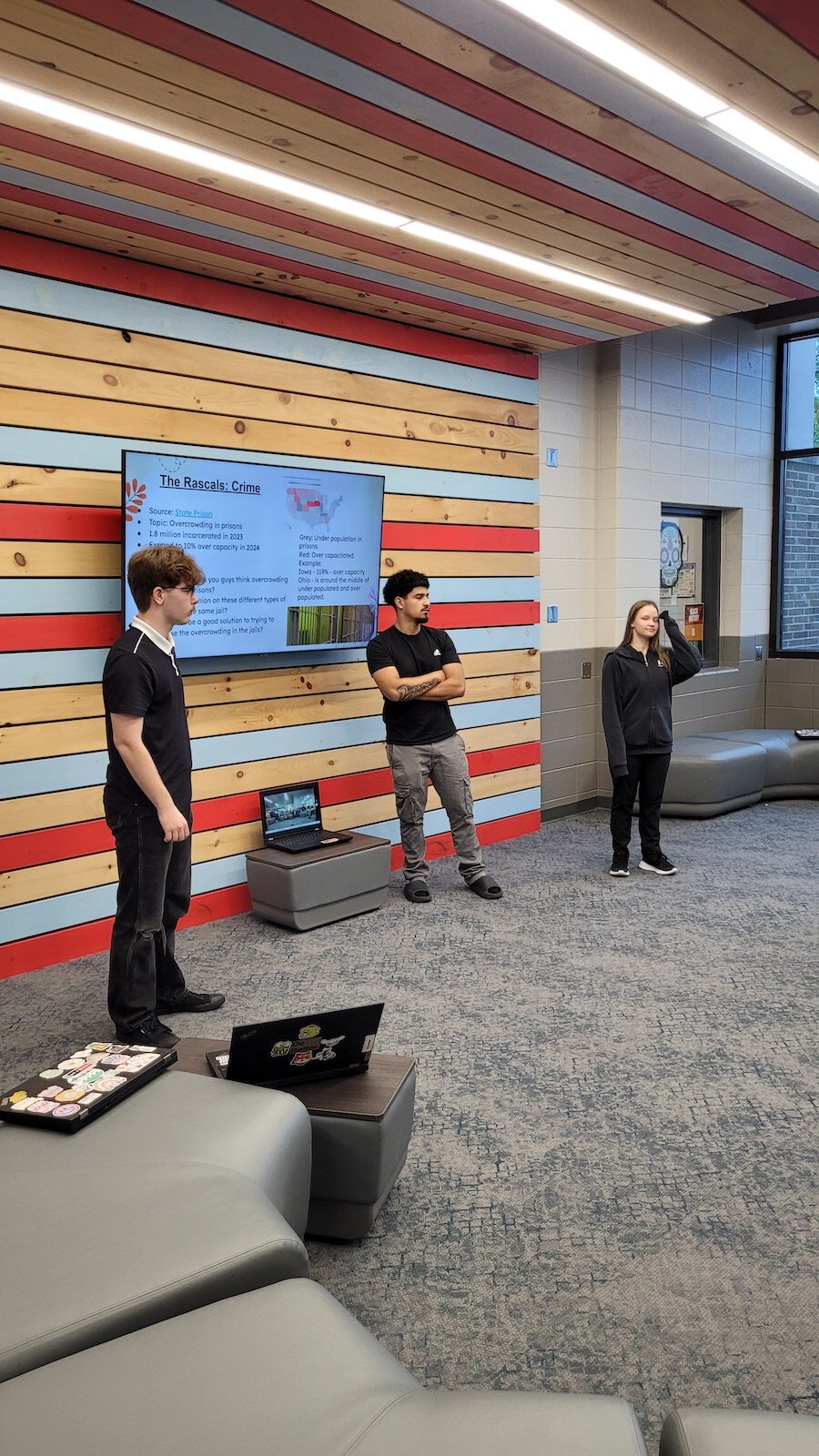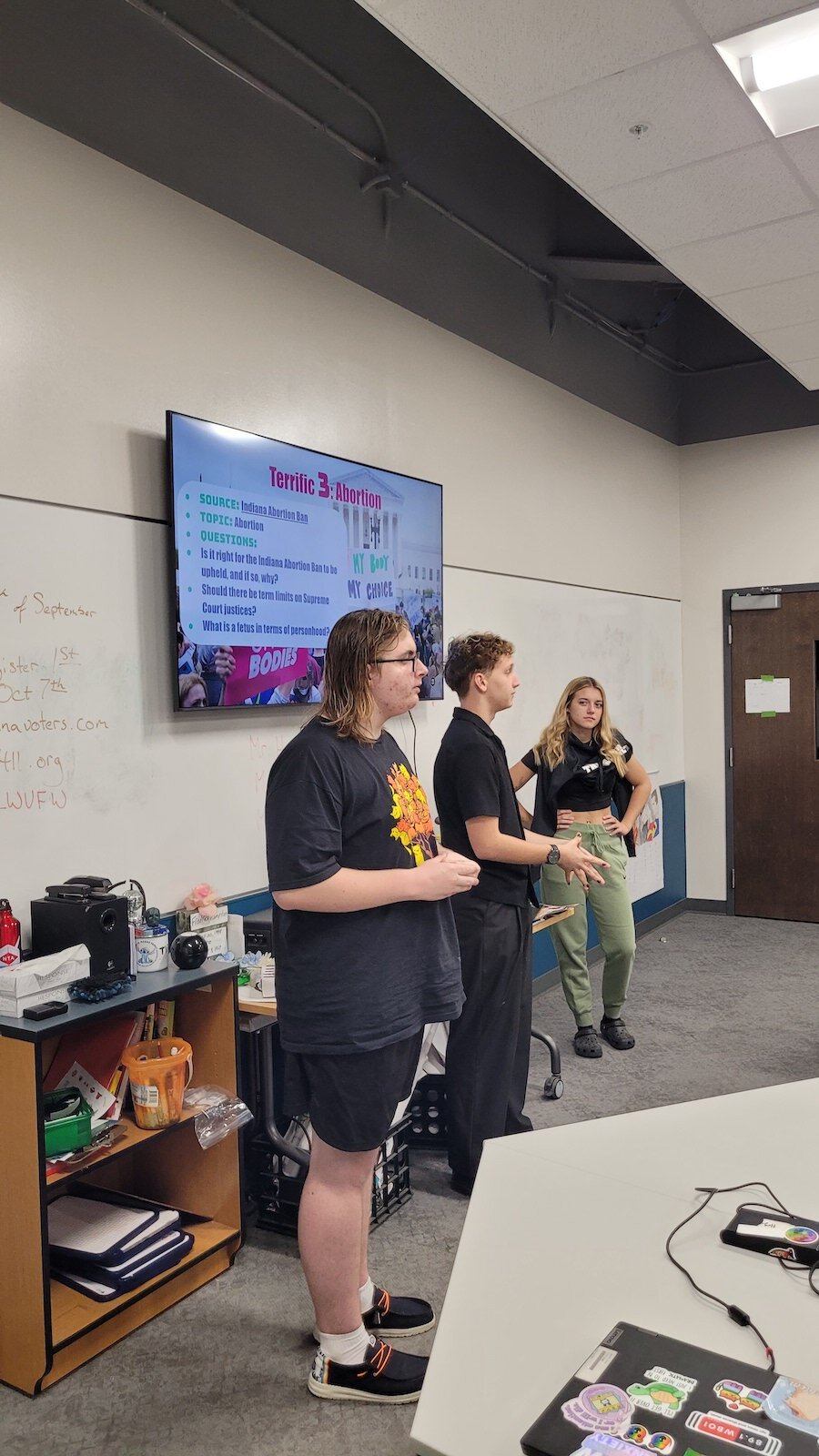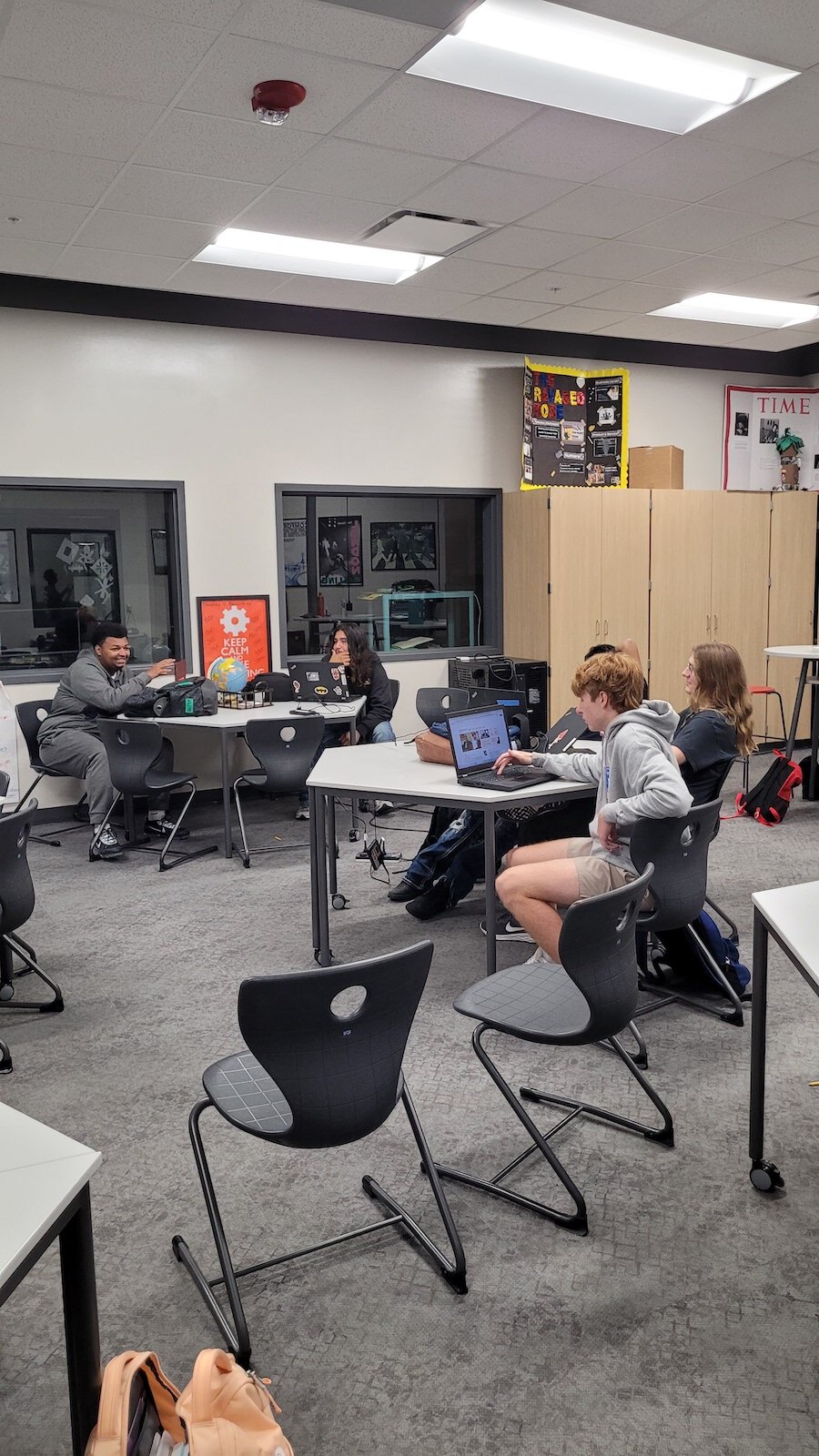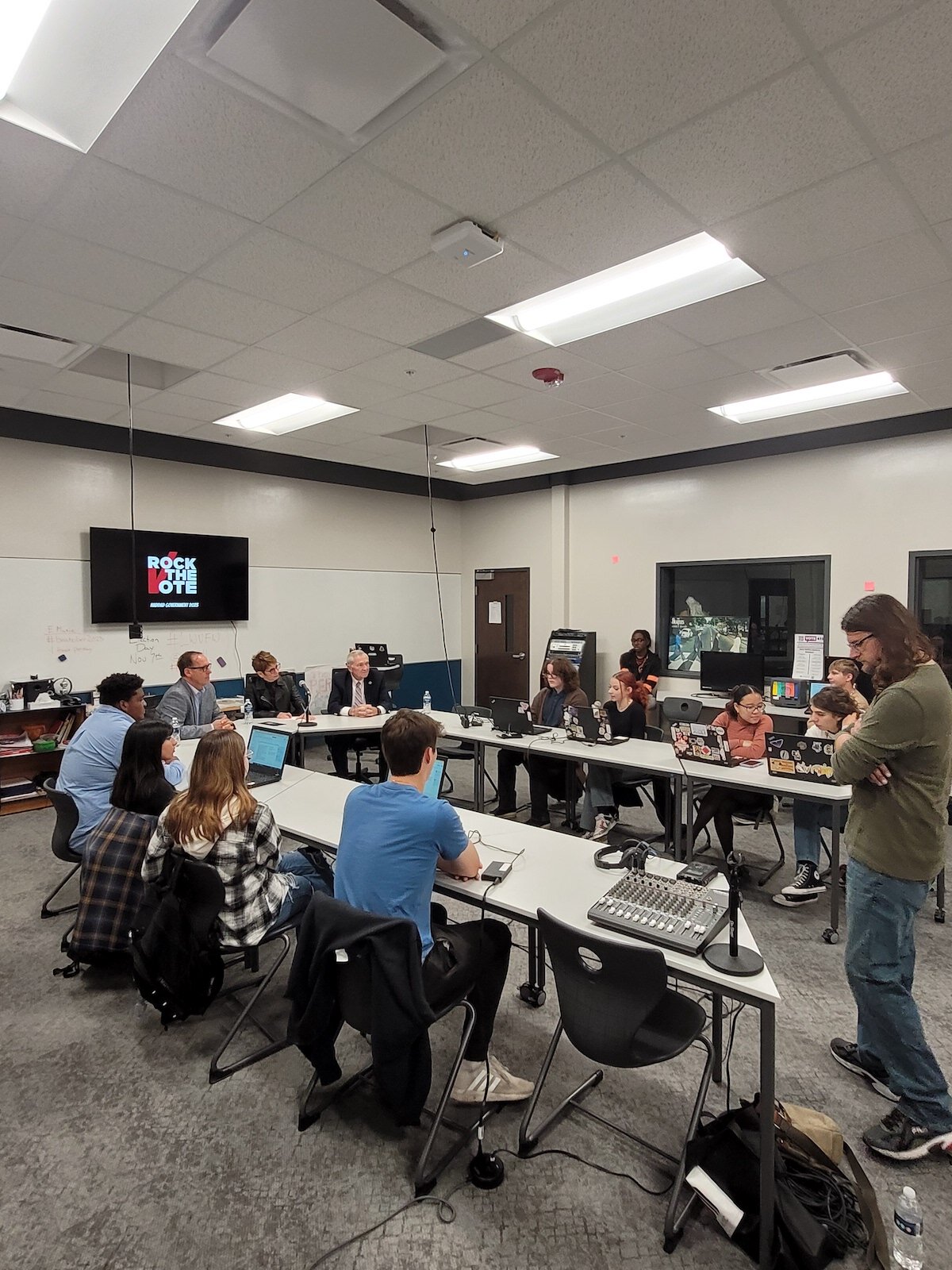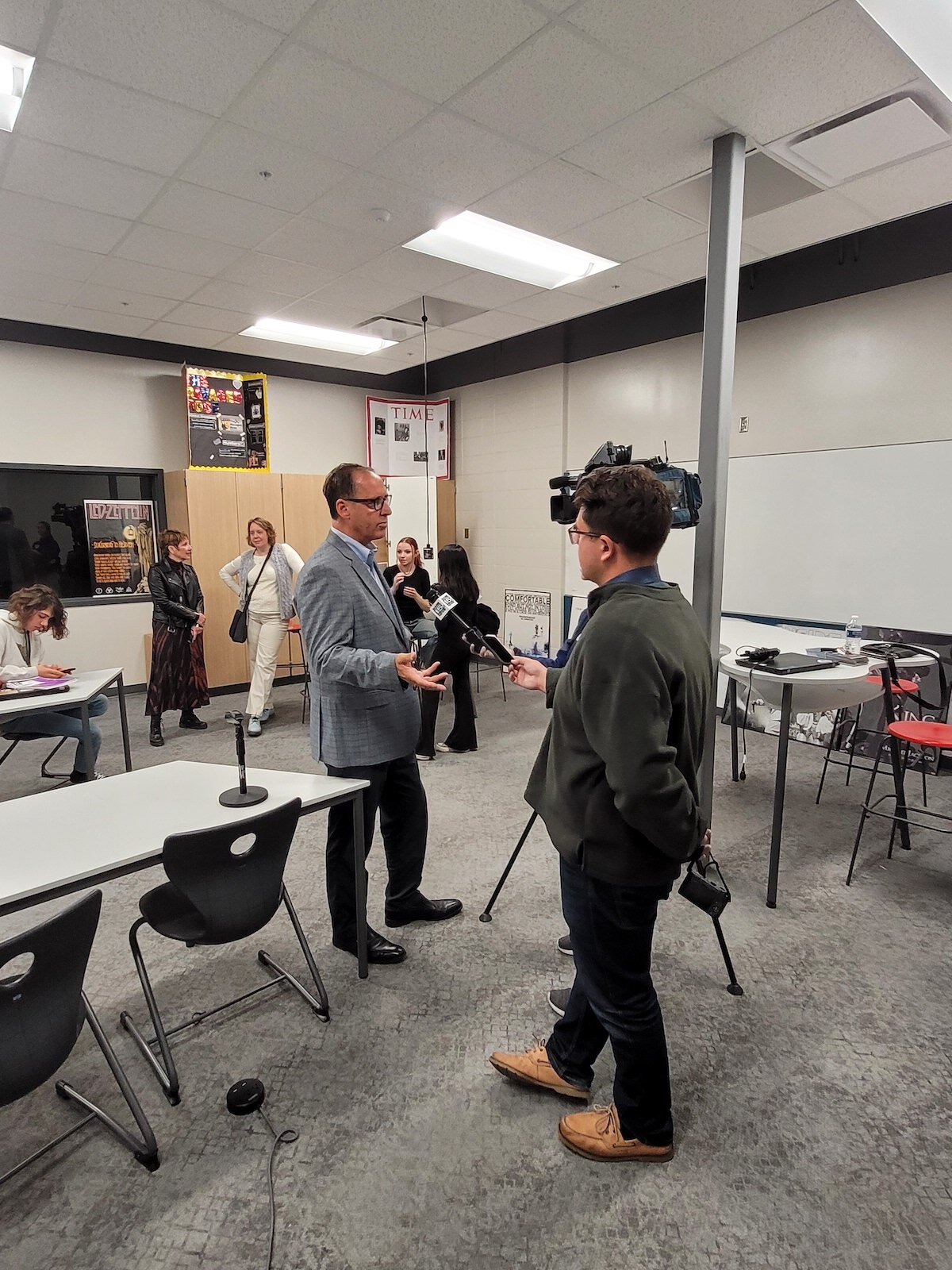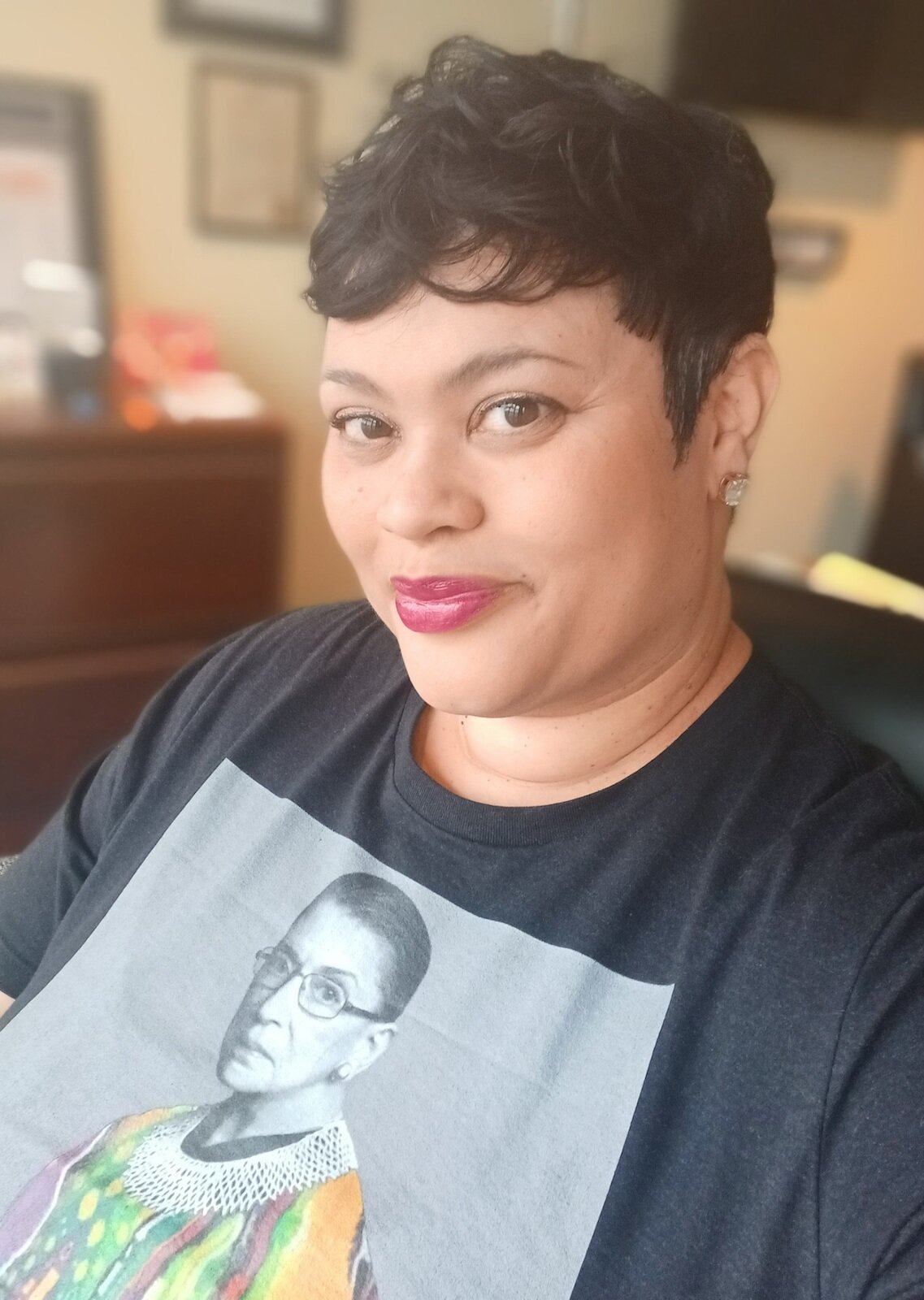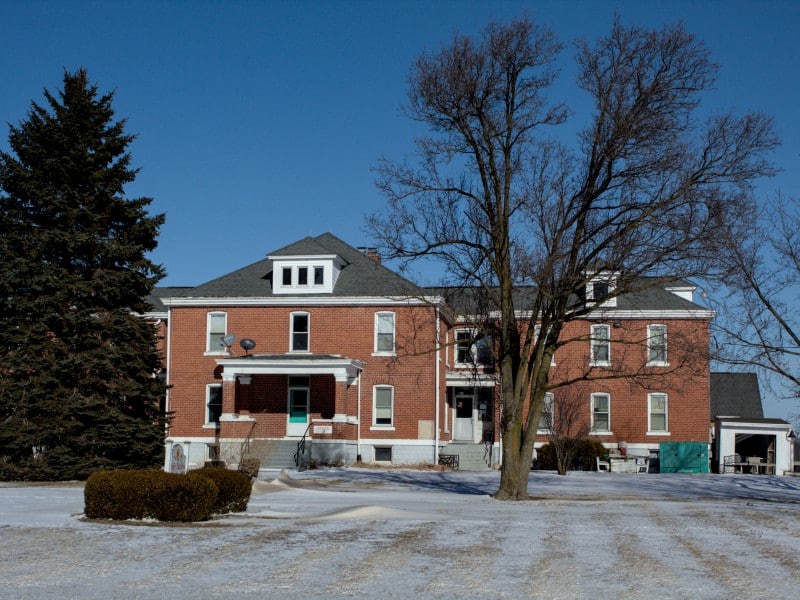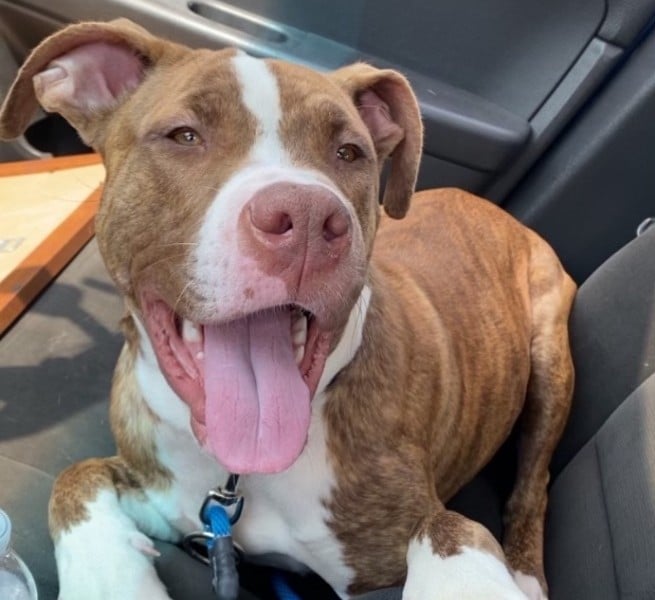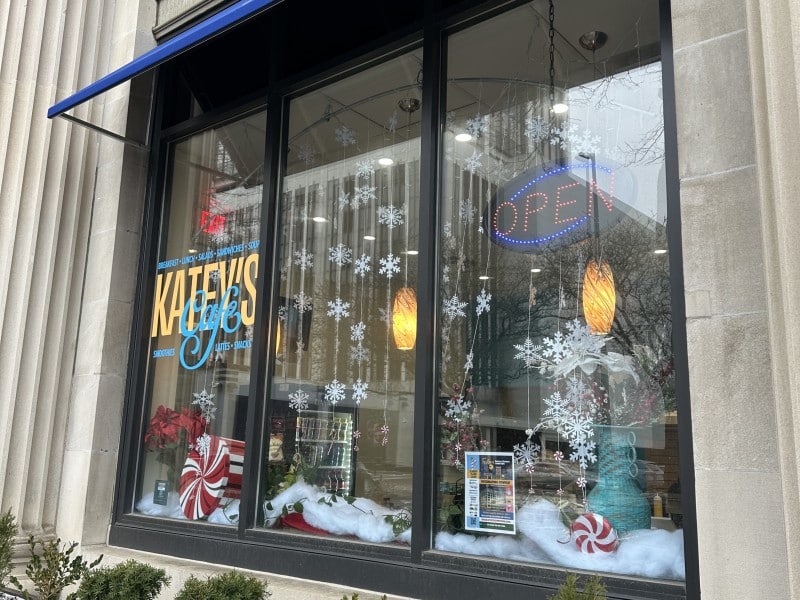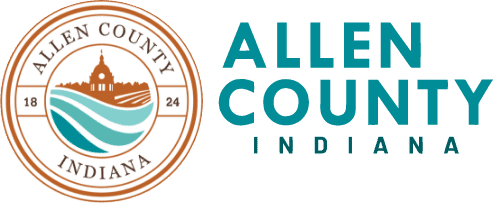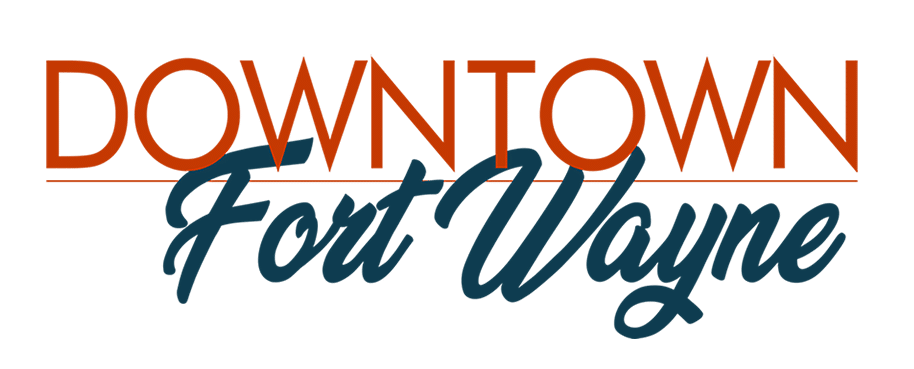‘Lots of really good reasons to vote’: How community leaders are championing voter engagement
Getting people to the polls is a marathon, not a sprint — and starts long before Election Day.
What would it mean to have a more engaged and educated electorate in Northeast Indiana? Several groups and stakeholders are asking this question and putting in the work to get people excited and energized to show up on Election Day.
For context, Allen County, Indiana reported a 64 percent voter turnout for the 2020 general election, according to the Indiana Secretary of State office. That compares to about two-thirds or 66 percent for the national average, according to the Pew Research Center. Fort Wayne Urban League President and CEO Aisha Arrington says these numbers are likely even more dismal for the population her organization serves.
National data affirms her hunch. In three elections from 2018 to 2022, 43 percent of eligible white voters cast their ballots every time, while that figure for Black voters was 27 percent, 21 percent for Asian American voters, and 19 percent for Hispanic voters, according to Pew.
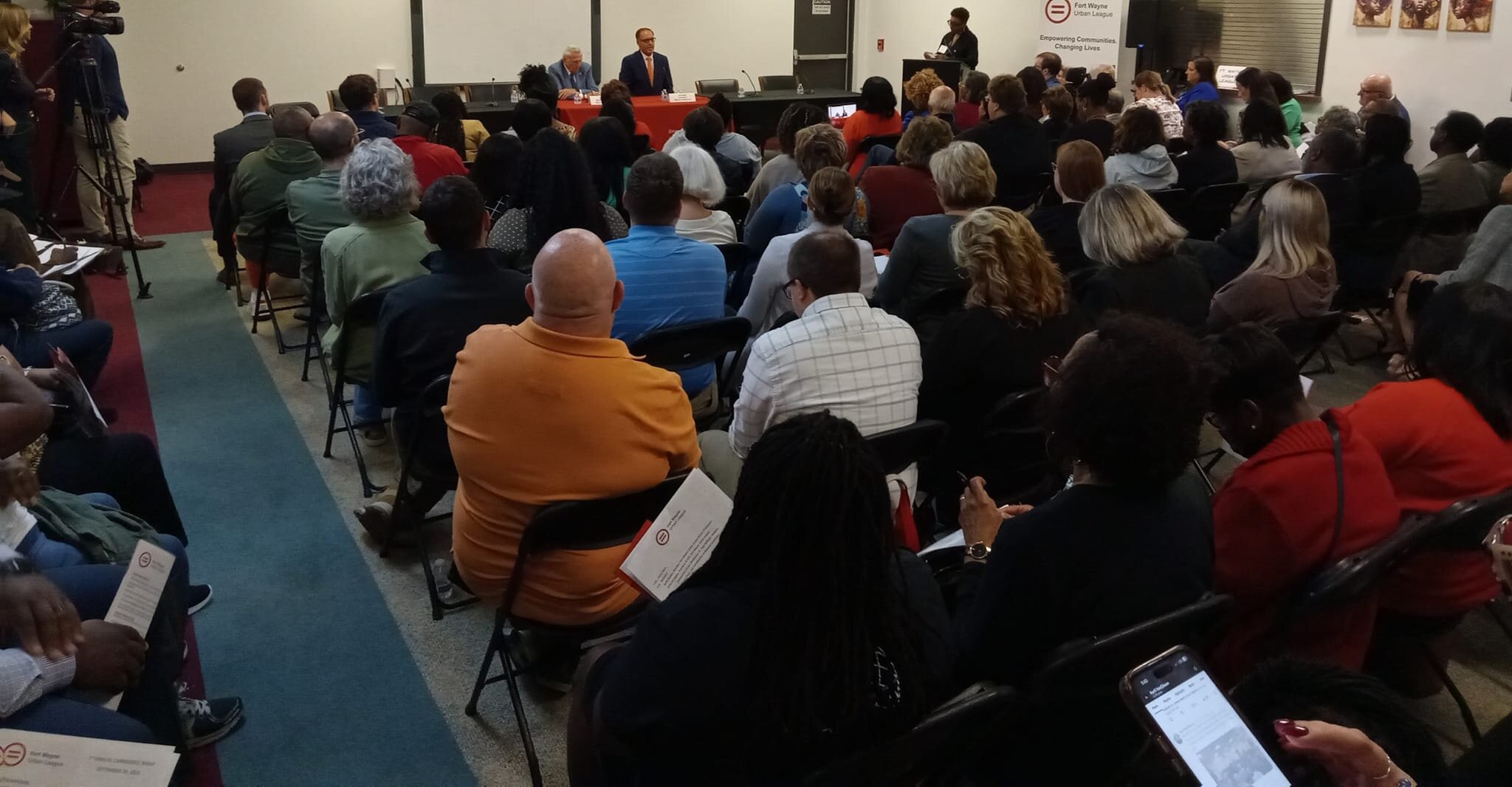
Fort Wayne Urban Leagues’s Meet the Candidates event.
That’s why the Fort Wayne Urban League is mobilizing marginalized groups to vote with their People to the Polls initiative. This program aims to address transportation barriers and educate residents about matters related to registration, voting rights and polling locations — while also providing transportation. Per Arrington, People to the Polls will offer rides to voting locations on November 2, using a red trolley and a handicap-accessible van. Partnering with the nonprofit homelessness organization Vincent Village will expand the program’s reach by offering an additional pick-up and drop-off location.
On Election Day, November 5, Citilink, in collaboration with AARP, will also offer free fares for all riders, including paratransit services. Citilink will run its normal routes and provide riders with a guide on where voting locations will be along the routes.
In Arrington’s estimation, getting out the vote isn’t as simple as it might seem on the surface.
“One thing that we take into consideration is that Fort Wayne Urban League is located in the poorest zip code in the county,” she says. “So people that live in this area have some of the [most significant] barriers and disparities they’re trying to work through. And when you’re working and living in a community that’s [facing] those kinds of challenges, sometimes voting ends up being one of those things last on someone’s priority, especially when they’re fighting to just put food on the table.”
However, despite this grim picture, Arrington says there’s reason to be hopeful. She cited recent polling data from the civil rights organization NAACP that found that 78 percent of Black voters were equally or more excited and energized about voting than they were in 2008. If that’s the case, Arrington says that could translate into meaningful results at the polls.
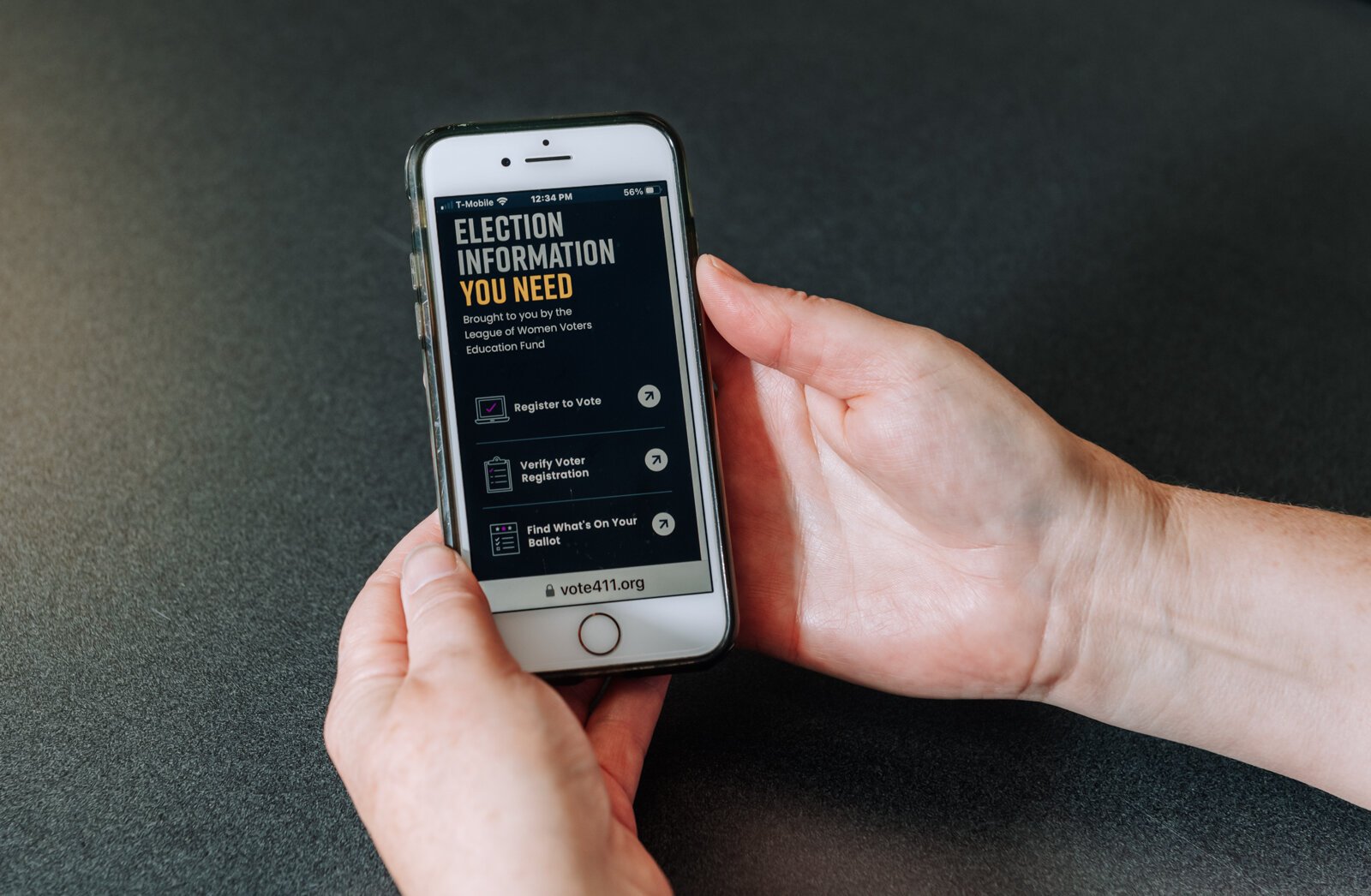
Betsy Kachmar, Co-President of League of Women Voters of Fort Wayne shows off the Vote411.org app at the Allen County Public Library Tecumseh branch.
Speaking of the polls, the Allen County Election Board’s Director of Elections Amy Scrogham says her office is charged with a singular focus of administering the election process within the county. That means educating voters about registration deadlines, polling locations and ballot information is crucial. The upcoming presidential election requires her small but mighty team to manage multiple tasks simultaneously, including absentee ballots, early voting, and Election Day preparations.
No matter when and where you prefer to vote, Scrogham says it’s important that you have a plan and a backup if necessary. She reminds voters that the deadline to register to vote is October 7 in Indiana and is fast approaching. Early voting starts on October 8 at the Rousseau Center and on October 28 at satellite locations.
“We’ve been doing early voting [in Allen County] since 2014,” she says. “You don’t need a [reason like you did in the past to vote early]. Now you can come just because you want to vote early.”
Betsy Kachmar, president and member of the Fort Wayne chapter of the League of Women Voters (LWV), recommends early voting so you can account for anything unforeseen that might impact your ability to vote. The LWV is a women-led political grassroots network and membership organization that exists to empower voters and defend democracy. Kachmar and other volunteers regularly engage with the community to encourage voter registration and participation. They have a presence at community events like local farmers markets and make presentations at local schools, for instance. Per Kachmar, they registered more than 300 young adults this spring.
Kachmar says having a platform to reach young voters has been particularly fulfilling.
“Historically, it’s been the baby boomers who had the numbers to make a difference about voting, and we still do,” she says. “That’s why Medicaid and Medicare and drug costs and things that are important to older people are generally pretty high on the list of issues that candidates pay attention to. But now that’s shifting because there are a lot of young people and fewer old people. So the message that we leave with them is that you may not think that your one vote counts, but cumulatively your cohort could collectively make a big [impact on the outcome]. I think that’s empowering.”
Kachmar says the younger generation seems to respond favorably to this message, as seldom does she encounter apathetic attitudes. Very few students have disclosed that they don’t vote — a fact Kachmar finds encouraging.
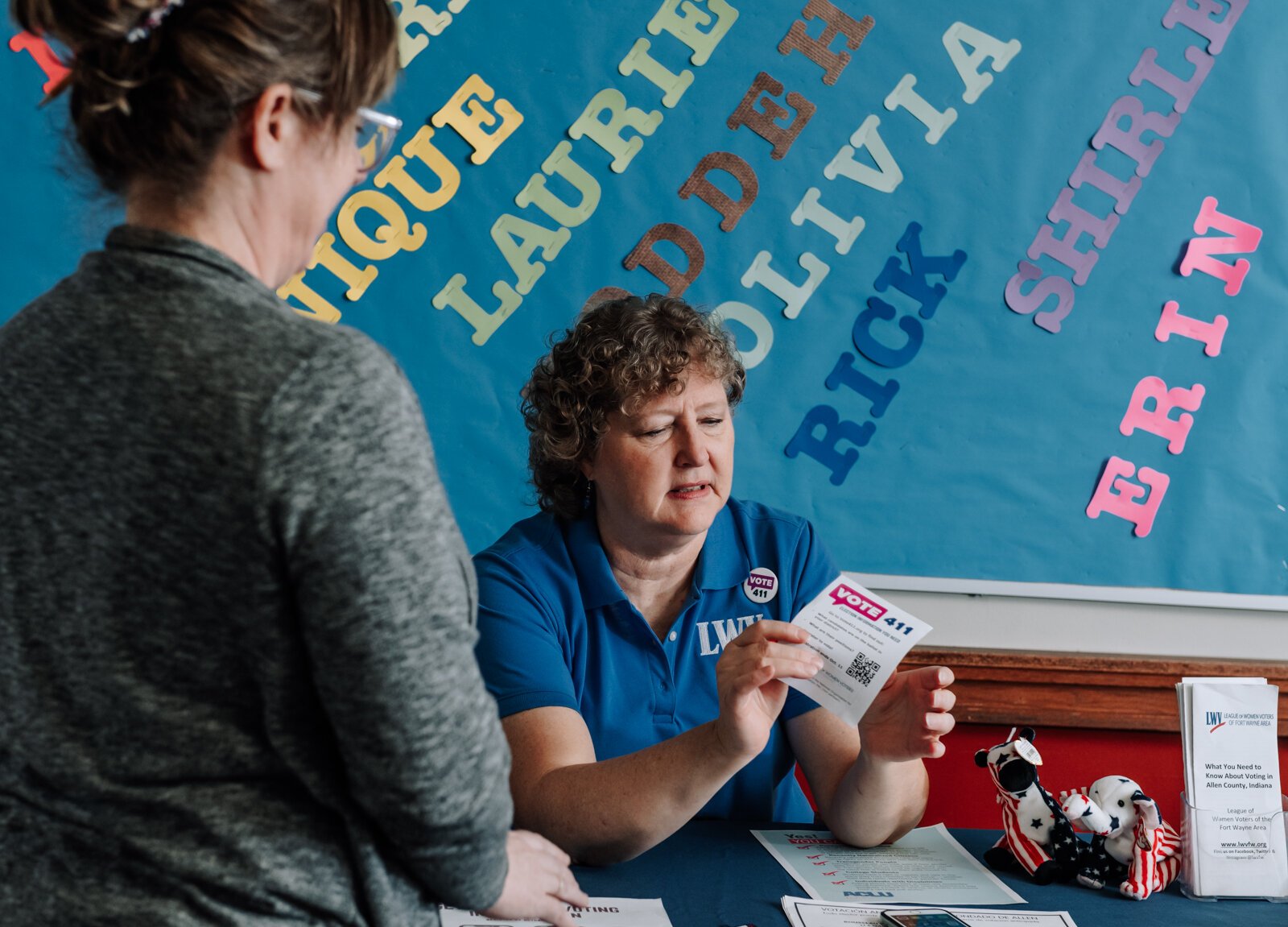
Betsy Kachmar, Co-President of League of Women Voters of Fort Wayne, right, talks with Chris Castaldi about voting at the Allen County Public Library Tecumseh branch.
“There are lots of really good reasons to vote, and then some people have their reasons for not voting,” she says. “I get that it’s easy to be disillusioned, but that doesn’t help. That’s not participating. Checking out doesn’t help.”
That’s the same message New Tech Academy at Wayne High School teacher Robert Haddad tries to get across through his Rock the Vote project. Haddad, who developed the curriculum, aims to educate students about politics and encourage them to get involved in the electoral process. The project is non-partisan and focuses on increasing voter turnout among young people.
Haddad says as a teen he was inspired by MTV’s seminal Rock the Vote movement and wanted to make his version just as engaging as this cultural touchstone. The project has evolved, starting with students writing songs about candidates and now using social media campaigns to get their points across.
“It started off as a show where they would feature music videos, and was kind of a multimedia thing,” he says. “Then over the years, it evolved into more of a forum or town hall format and then it turned into a senior-led Socratic discussion.”
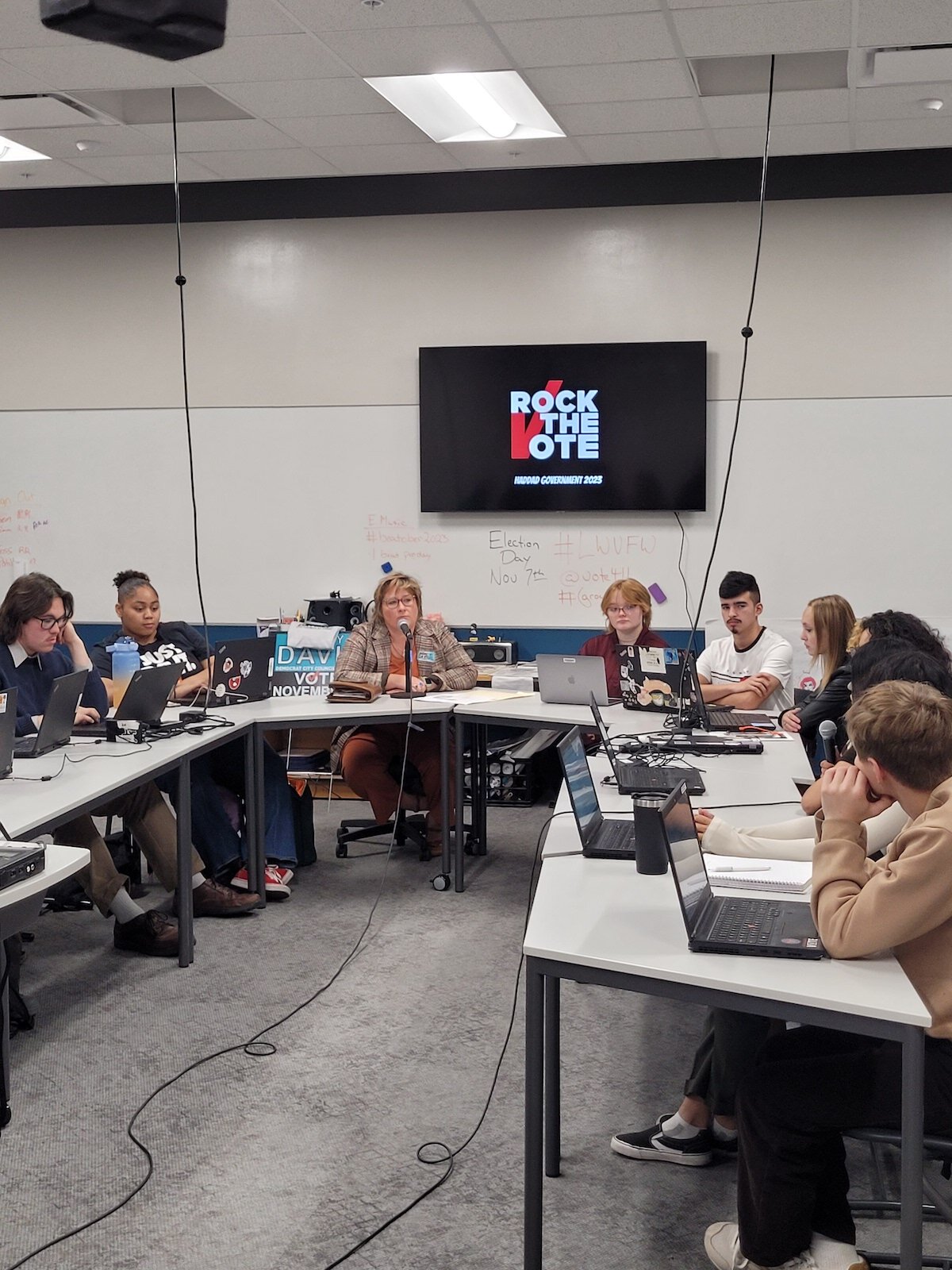
When possible, Rock the Vote brings in candidates to answer student’s questions about their campaigns and politics.
On his end, he tries to keep things fresh by updating the material based on current events.
“I’m definitely incorporating more discussions about the candidates. The debates and the national issues are different each time we do this,” says Haddad.
He acknowledges the cynicism many young people feel towards politics but tries to address it head-on.
“You may not be into politics, but you know, politics is into you,” he says. “So you either show up or you’re letting somebody else decide what happens and that could affect your job prospects. That could affect your access to health care, and whether or not you get to see a doctor.”
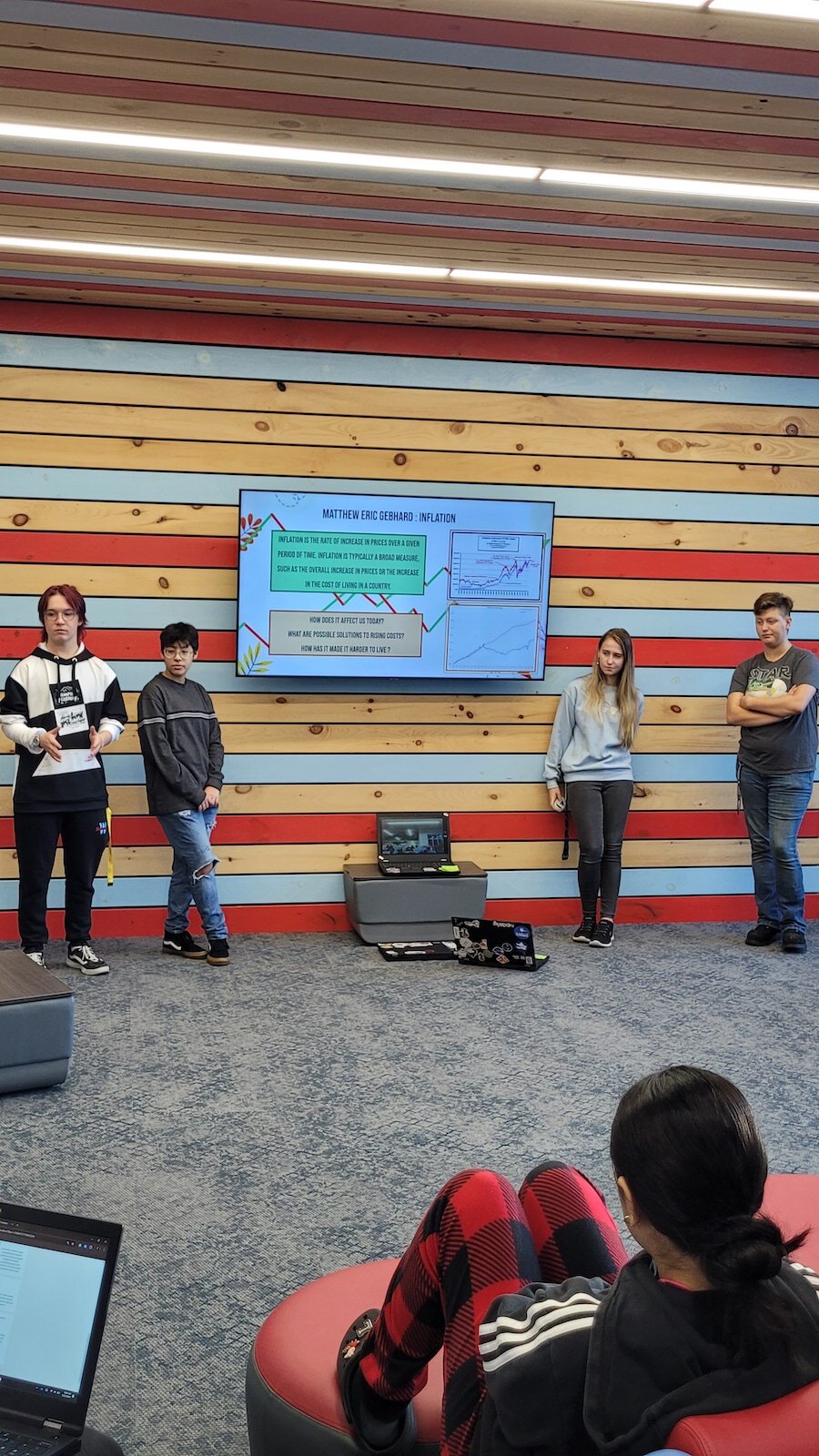
During Rock the Vote, students present information about national issues.
This article is made possible by support from AARP Indiana.


